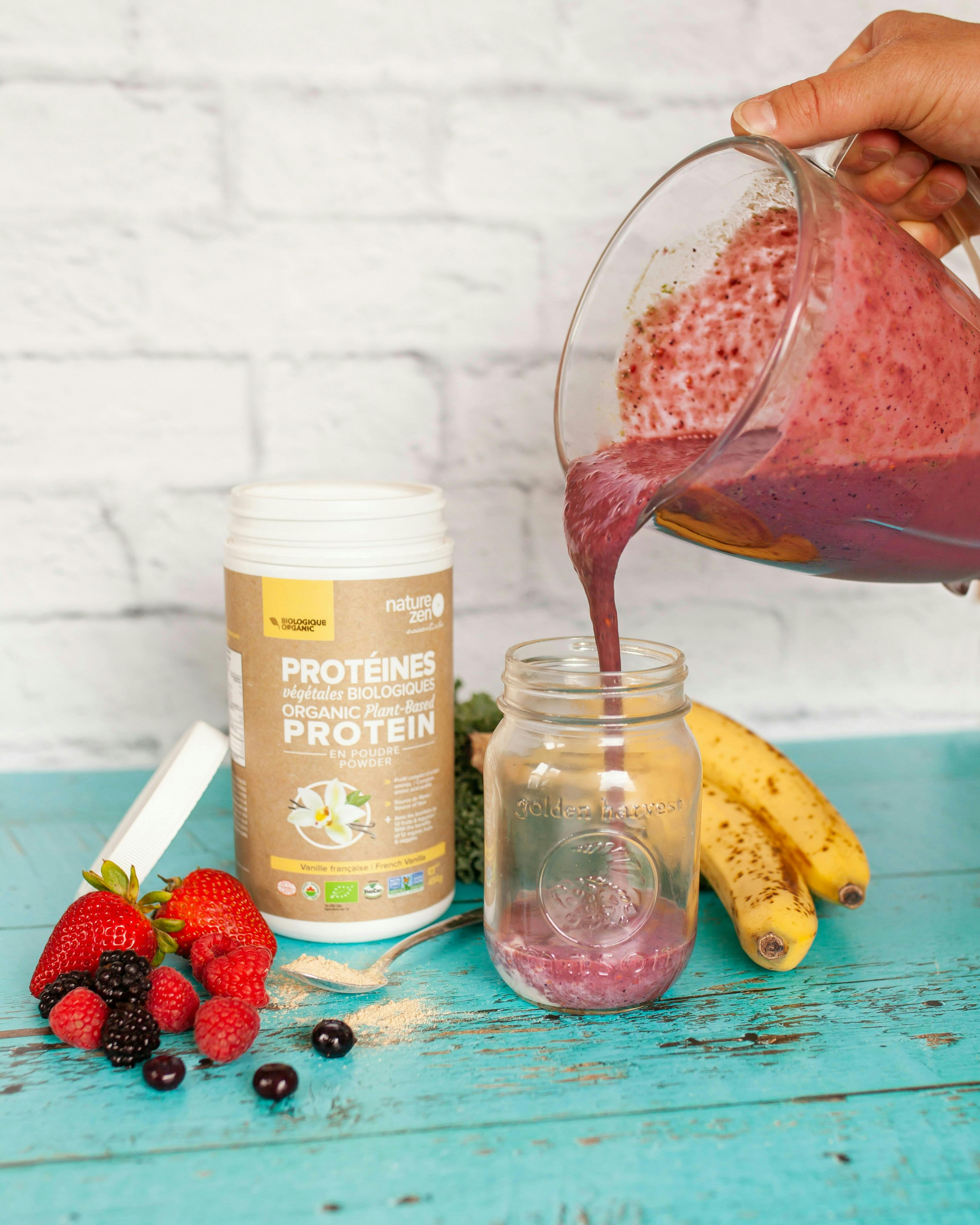Protein Power: Meeting Your Needs for Muscle Growth
Protein is a crucial macronutrient in any diet, but it plays an especially pivotal role in muscle growth and repair. Whether you're an athlete, bodybuilder, or simply someone looking to gain muscle mass, understanding how to optimize your protein intake can significantly enhance your results. Here’s a detailed guide on how to meet your protein needs effectively.
Understanding Protein and Muscle Growth
Protein is made up of amino acids, which are the building blocks of your muscles. When you exercise, especially during strength training, your muscle fibers undergo wear and tear. Protein helps repair these fibers, and this process is what makes them grow stronger and bigger.
How Much Protein Do You Need?
The amount of protein you need can vary based on several factors including your weight, age, and level of physical activity. Here are general guidelines:
- Sedentary adults: 0.8 grams of protein per kilogram of body weight.
- Active adults: 1.2 to 2.0 grams per kilogram of body weight.
- Athletes in strength sports: Up to 2.2 grams per kilogram.
It's important to consult with a nutrition expert to tailor these recommendations to your specific needs.
Best Sources of Protein for Muscle Growth
To meet your protein needs, focus on high-quality protein sources that provide essential amino acids. Here are some excellent choices:
- Animal-based proteins: Chicken, turkey, beef, pork, fish, and eggs.
- Plant-based proteins: Lentils, chickpeas, quinoa, tofu, and tempeh.
Example of a Protein-Rich Meal Plan
Here’s a simple daily meal plan that incorporates high-protein foods:
- Breakfast: Scrambled eggs with spinach and mushrooms.
- Lunch: Grilled chicken salad with mixed greens, nuts, and seeds.
- Snack: Greek yogurt with berries or a protein shake.
- Dinner: Baked salmon with quinoa and steamed broccoli.
Timing Your Protein Intake
For muscle growth, not only the amount but also the timing of protein intake is crucial. Here are some tips:
- Post-workout: Consume protein within 30 minutes after exercising to help repair muscle tissues.
- Throughout the day: Distribute protein intake evenly across meals to keep muscle protein synthesis levels steady.
Overcoming Challenges
Some people might find it challenging to meet their protein requirements. Here are a few tips:
- Use protein supplements: Whey protein shakes can be an effective and convenient way to increase your daily intake.
- Snack smart: Opt for high-protein snacks like almonds, cottage cheese, or hard-boiled eggs.
Conclusion
Meeting your protein needs is essential for muscle growth. By choosing the right sources, timing your intake, and possibly supplementing, you can optimize your muscle gains and overall health. Remember, it's always best to consult with a nutrition expert to tailor these recommendations to your personal needs.
For personalized advice on nutrition and fitness, chat with Mavyn GPT or connect with a human expert at Mavyn. We’re here to help you achieve your health and fitness goals with tailored advice and support.
